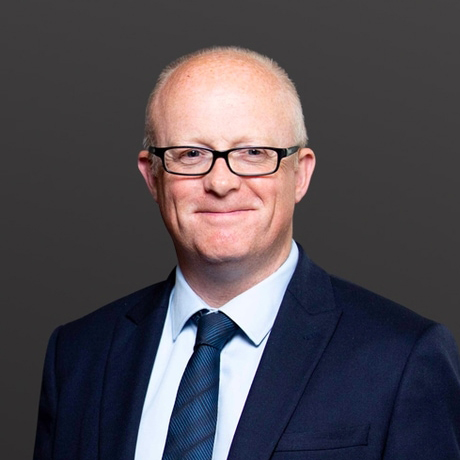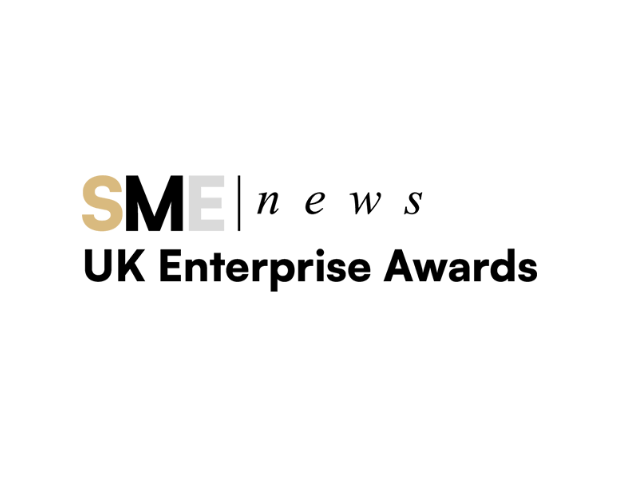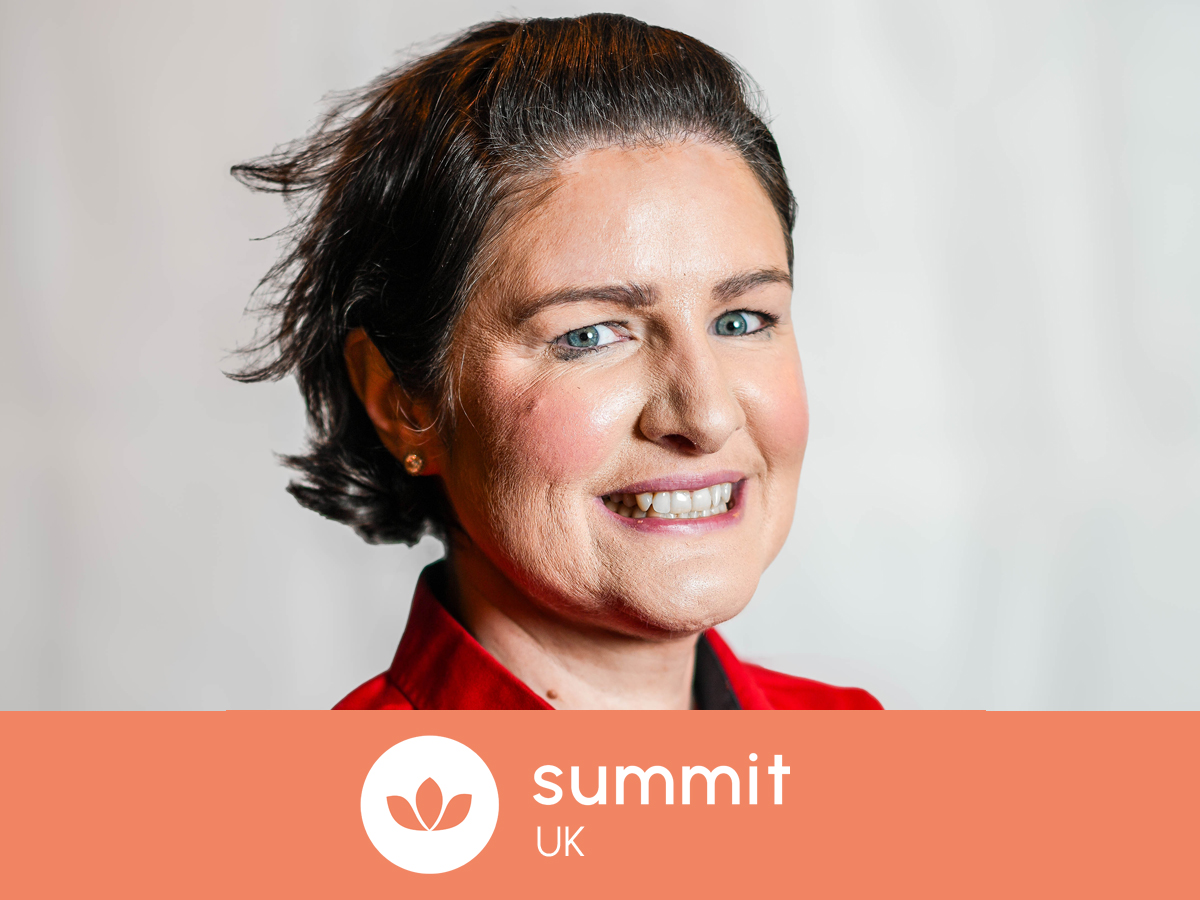
After a successful career as a litigation solicitor/partner at a National private sector law firm, Nick recognised that his real passion lay in people / operational management. Following the completion of his MBA at Nottingham Trent University, Nick moved into full time practice management in 2010. Nick has managed 3 private sector law firms and spent 5 years as the Legal Governance and Practice Manager at Wirral Borough Council. During this period Nick was the Men’s Health Committee Chairperson. In January 2021, Nick moved to take up the role of Chambers’ Director at Oriel Barristers Chambers in Liverpool. Nick struggled with his own mental health as a young solicitor and after a period of self-development and study, became a Lawcare support worker in 2010. Nick is a Lawcare Champion and regularly speaks on the legal circuit on behalf of Lawcare, promoting the services that this amazing charity provides. Nick is a qualified ILM mental health / career coach and regularly coaches young lawyers to help them achieve their goals. Nick is a huge advocate of therapy and believes that this stemmed from his love of early Woody Allen films and the American “shrink” culture of the 1970’s.
We are delighted that Nicholas will be joining us as a speaker at our Wellbeing at Work Summit UK which takes place from 19th-21st September, live and in-person in London & Manchester. We caught up with him to find out why he is so passionate about wellbeing at work and why he is looking forward to the Summit.
We are thrilled that you will be speaking at our Wellbeing at Work UK Summit in September.
Our first and most important question is, how are you doing today?
I am very well thank you, mainly because I am going on holiday tomorrow.
As a leader based in the region, what are the main challenges your you are facing when it comes to employee wellbeing?
The phrase “wellbeing” is currently overused (sorry) and it covers a magnitude of challenges, from the physical, to the mental, to the spiritual. People are confused by the generic term and we undoubtedly need a more focussed strategy, to ensure that our people actually understand what we are discussing.
What strategies have you seen developing over the past 6 months, both internally and externally, that is moving the dial on wellbeing in the workplace?
Wellbeing and all of its facets are becoming normalised as an integral part of business. If employers don’t accept and learn quickly, they will be left behind. The current generation expect that their wellbeing is a recognised element of their employment.
Why is employee wellbeing so important to you personally?
I am from a generation where firstly wellbeing was simply not on the radar for either stakeholder and then secondly experienced a tick box approach which often attempted to communicate a façade of wellbeing, where the reality was something completely different. Change takes time and some businesses were incapable of comprehending the length of time and effort required to embed a cultural shift, without looking for a quick fix.
For me, my people’s wellbeing is always number one on my agenda, as we are a “people business” and without people we are nothing.
What are you most looking forward to about the Summit in September?
Learning. I have been in people management roles for the last 15 years and every day is a “learning day”.
Tell us, what is your vision for the workplace of the future, in terms of engagement, health and wellbeing?
The future will hopefully acknowledge, accept and embed wellbeing strategies in every workplace. A healthy workforce is a productive workforce.
Understanding your people’s needs is simply addressed by engaging, listening and delivering strategies over a realistic time period.
What areas do you think employers should be focused on over the next 12 months?
I think that employers should really understand what they are trying to achieve with a wellbeing strategy and people engagement is the only way to garner this knowledge.
It shouldn’t be an “easy ride”
I have previously managed people out of an organisation to ensure that a more professional / holistic culture was grown. Their behaviour was detrimental to everyone else’s wellbeing (including their own). This shows that “wellbeing” is not only about initiatives, it is sometimes about a holistic people review. It depends on each individual organisational culture.
How has your organisation been leading the way?
My current organisational culture retained an “us and them” culture, that we have gradually changed to an “us” culture, recognising that 1st and foremost, we are all human beings and if we work together with greater transparency, trust and communication, everything will improve and it is…………slowly but that’s ok, as change takes time. With consistency of behaviour and stakeholder commitment, we will get to where we need to be.
Nicholas will be speaking in Manchester at the Wellbeing at Work Summit UK that takes place both live and in-person in London, Manchester, and virtually for the wider region. Further details on the Summit can be found here.



